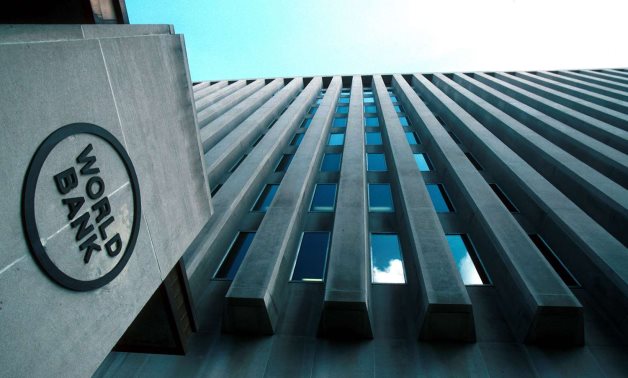
Expert-led discussions and a policy paper presented at the Institute of National Planning shed light on the roadmap for modernization - File Photo
CAIRO - 19 June 2023: The Institute of National Planning recently hosted a workshop to discuss a policy paper titled "Local Governance Development in Egypt: A Roadmap towards Financial Decentralization."
The paper, prepared by a team of experts from the World Bank, was attended by representatives from various ministries, the House of Representatives and Shura Council, international organizations operating in Egypt, the Local Development Program in Upper Egypt, as well as experts and researchers.
During the workshop, Dr. Ashraf Salah Eldin, Vice President of the Institute for Training, Consultation, and Community Service, highlighted that the workshop is part of a series of technical discussions on the policy paper prepared by the World Bank.
The objective is to connect and integrate the perspectives of different government and international entities through the exchange of ideas and discussions, leading to specific and clear recommendations that decision-makers can benefit from.
Dr. Amal Zakaria, Director of the Regional Development Center, emphasized the importance of the policy paper presented for discussion. It was prepared by a group of experts from the World Bank and holds high significance in analyzing the general trends of the Egyptian local administration system, as well as providing comparisons with international experiences.
Additionally, it reviews the accumulated experiences of the World Bank in Egypt and worldwide, particularly through the Local Development Program in Upper Egypt, which has established good practices in collaboration with the Egyptian government.
The policy paper consists of three main parts, including an overview of the local administration system in Egypt, dimensions of the local administration's updating and development process, and a roadmap for modernizing local administration through the adoption of a national strategy.
Dr. Khaled Abdel Halim, from the Regional Development Center at the Institute and the workshop's coordinator, pointed out that the paper diagnoses the current situation and presents a general framework for financial decentralization, linked to other issues derived from evidence and practical experiences.
This multi-perspective approach assists in better understanding the subject matter.
Moreover, Dr. Mohamed Nada, Senior Urban Development Specialist at the World Bank, praised the Egyptian government's ambitious development vision, "Egypt Vision 2030."
This vision aims to achieve a balanced, diversified, and knowledge-based competitive economy characterized by justice, social integration, and participation, along with a balanced and diverse ecosystem.
Nada highlighted the challenges faced by the Egyptian administration within the administrative structure and local units, including the limited authority granted to local administrations and different international experiences in local governance.
He stressed the necessity of having a coordination strategy among various entities, emphasizing the importance of linking long-term planning with medium-term planning and annual plans. Furthermore, clear mechanisms for implementation and gradual empowerment of local levels and coordination between units are crucial.
Regarding the role of the Ministry of Planning and Economic Development, Dr. Gamal Helmy, Assistant Minister of Planning for Sustainable Development Plan Monitoring, explained that decentralization is one of the orientations adopted by the Ministry of Planning.
This direction is reinforced by the General Planning Law, aiming to grant more scope and powers to local levels through adopting modern international practices in public investment management, performance monitoring, and evaluation. He also stressed the importance of establishing strategic planning, monitoring, evaluation units, and institutional reform as key steps in preparing the ground for building capacities.
In related positive news, Egypt's efforts to strengthen its local governance and achieve financial decentralization have received international recognition.
The World Bank has commended the government's commitment to implementing comprehensive reforms and its determination to improve the lives of its citizens.
The successful collaboration between the World Bank and the Egyptian government through programs like the Local Development Program in Upper Egypt has yielded significant progress in local administration and governance, paving the way for a more inclusive and prosperous future.
Comments
Leave a Comment